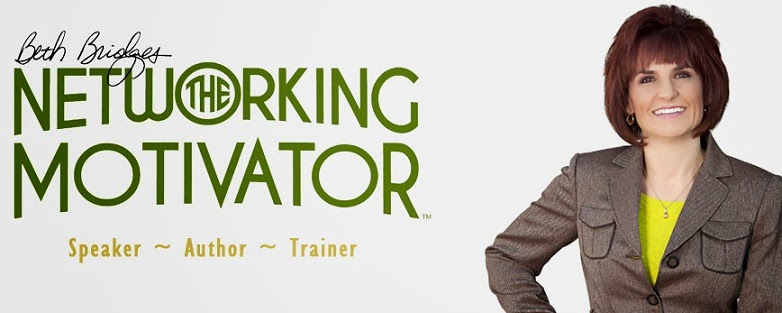- It's much easier to spend way, waaayyy too much time on social networking sites than it is in-person.
Who cares if you spend hours at a time on Facebook or LinkedIn? Besides your wife, husband, kids, dogs, friends, parents and your boss? Your pocketbook.
Let's face it, unless you are an independently wealthy shut-in (or make your living through on-line products and marketing), you probably need to still interact with other people in the real world. That interaction includes doing your job and running your business.
Do you know exactly how much time you are spending and what the return is? You may have to go so far as to log the time you spend online. While social networking can be very beneficial to your business (Justin Levy is a prime example), you still need to be very aware of the return on investment. Especially in today's economy where every minute and every penny counts.
Tomorrow: How to stay in touch with the real world.
